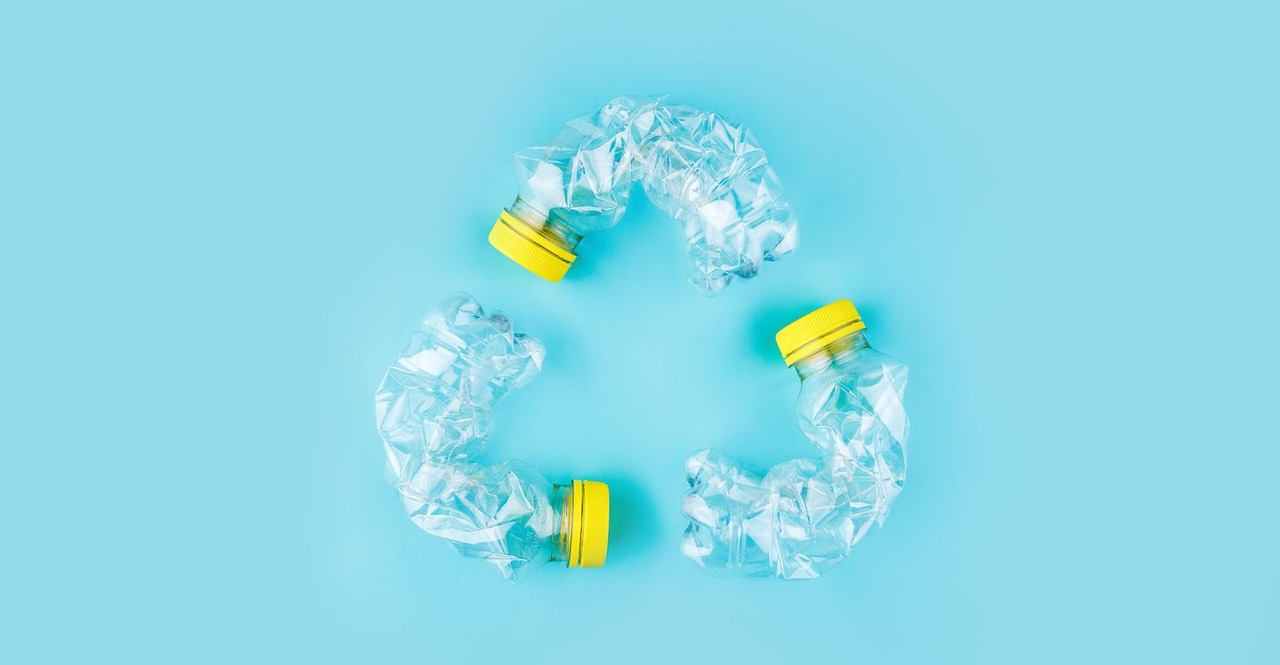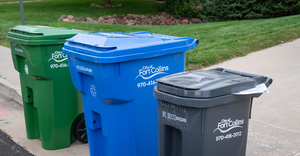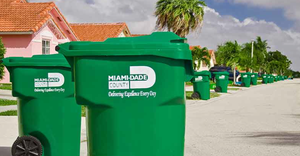Proposed Tax on Plastic Materials is 'Misguided,' Would Harm U.S. Economy and Workforce
America’s plastic makers share Congress’ concerns about the serious problem of mismanaged plastic waste but imposing a 20 cent per pound tax on virgin plastic materials would harm consumers, be a step backward in the fight against climate change, and hinder U.S. efforts to rein in inflation. When this tax was introduced in 2021, we said it was the wrong approach. It’s still the wrong approach.
September 25, 2023

Ross Eisenberg
America’s plastic makers share Congress’ concerns about the serious problem of mismanaged plastic waste but imposing a 20 cent per pound tax on virgin plastic materials would harm consumers, be a step backward in the fight against climate change, and hinder U.S. efforts to rein in inflation. When this tax was introduced in 2021, we said it was the wrong approach. It’s still the wrong approach.
Our nation needs modern plastic materials to minimize food waste, improve safety, and protect valuable products Americans depend on every day. The tax would incentivize a switch to alternative materials, many of which create significantly more lifecycle greenhouse gas emissions. And, unwittingly, it would harm U.S. manufacturing by favoring imported plastic products coming mainly from China, where environmental practices and protections are not as robust as the U.S.
Everyday Americans would bear the brunt of the tax. The bill is misguided and would cost our nation high-tech, high-paying American jobs. It also would do little to create the systems needed to keep used plastics in our economy and out of our environment.
We instead encourage Congress to focus on bipartisan bills like the Recycling and Composting Accountability Act, the Recycling Infrastructure and Accessibility Act, and the upcoming Save Our Seas Act 3.0, which is being developed by Sens. Sheldon Whitehouse (D-RI) and Dan Sullivan (R-AK).
We have called on Congress to take 5 Actions to accelerate a circular economy, such as requiring all plastic packaging to include at least 30% recycled plastic by 2030 through a national recycled plastics standard. We’ve also called for establishing an American-designed producer responsibility system for packaging to help raise funds to increase recycling infrastructure, collection and outreach for all materials, including plastics. The 5 Actions represent a comprehensive, national strategy to confront the challenges of plastic waste head on.
We believe a national standard requiring all plastic packaging to include at least 30% recycled plastics within the decade is a much more feasible, market-driven approach to increasing recycling and reducing waste, without resorting to harmful taxes.
We encourage Congress to take up the 5 Actions to accelerate the circular economy and help end plastic waste.
Editor's Note The American Chemistry Council (ACC) as a response to the introduction of the REDUCE Act. Ross Eisenberg is the president of America’s Plastic Makers. Submit your commentary and opinions to [email protected].
You May Also Like


